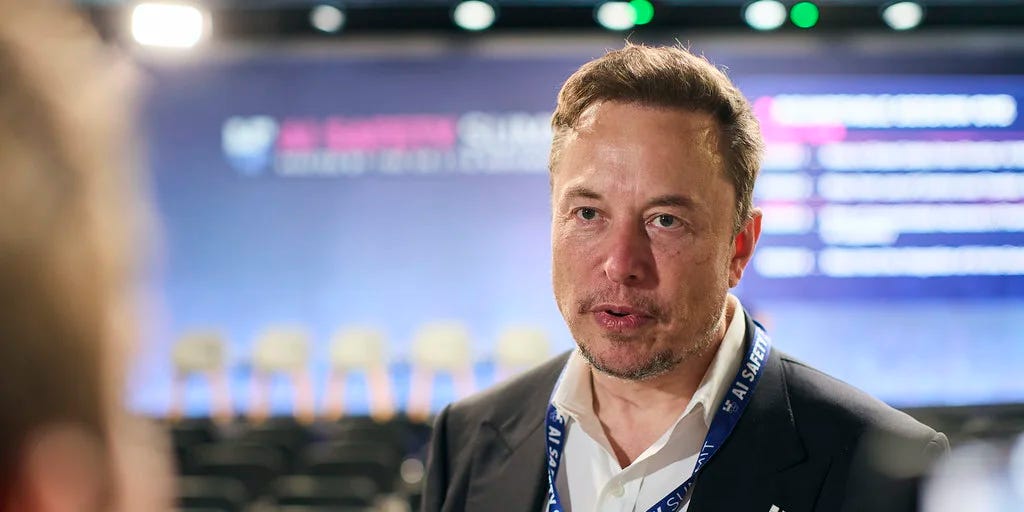No, Elon Musk doesn't really want to buy OpenAI
The billionaire proposed $97.4 billion for the nonprofit that controls the company
In his dispute against Sam Altman, Elon Musk pulls out a $97.4 billion check. On Monday, a consortium of investors led by the Tesla CEO submitted a takeover bid for the nonprofit organization that controls OpenAI. More specifically, for the assets it holds—primarily a significant share of the profits from the creator of ChatGPT. This offer was immediately rejected by Sam Altman. In reality it was doomed to fail. But for Elon Musk, the real objective seems to lie elsewhere. With this offer, he could significantly complicate things for his major rival, who is already entangled in a highly complex process of changing OpenAI’s legal structure. This transition is also at the heart of a legal battle between the two billionaires.
Musk remains a shareholder – Things initially started well between Elon Musk and Sam Altman. In 2015, they co-founded OpenAI, which was envisioned as a research lab dedicated to developing AI for the benefit of humanity, free from profit-driven motives. However, their relationship quickly soured due to disagreements over the governance of the organization and the strategy needed to compete with Google. In 2018, Musk walked away, but remained a shareholder. Since then he has repeatedly criticized OpenAI’s evolution, particularly its decision to create a for-profit subsidiary, in which Microsoft has since invested nearly $14 billion. He has also accused ChatGPT of being too "woke." In the spring of 2023, he launched a rival startup, xAI.
For-profit company – The conflict has escalated even further in recent months. To secure more funding, OpenAI aims to transition into a for-profit company. Its executives have even committed to completing this transition by the end of 2026—failure to do so would require them to repay the $6.6 billion raised from investors last fall. This change is also essential for another potential record-breaking fundraising round, which could reach $40 billion. Musk strongly opposes this transition, partly because it would make competition more difficult for xAI. In late 2024, he took legal action to temporarily block OpenAI’s plans. A trial could take place in the coming months, said the judge overseeing the case in early February.
Equity stake dispute – This transition faces two additional hurdles. First, OpenAI must negotiate an agreement with Microsoft. Second, it must determine the compensation for its nonprofit branch, which currently receives a significant portion of the its profits. OpenAI has proposed granting it a stake in the new legal entity. According to the Financial Times, the company is proposing a valuation of $30 billion—an amount Musk considers far too low, recently calling for an auction instead. It is within this context that he made his $97.4 billion offer. His real goal may be to pressure OpenAI into granting its nonprofit arm a larger stake, which could complicate the transition or make it less attractive to investors.




